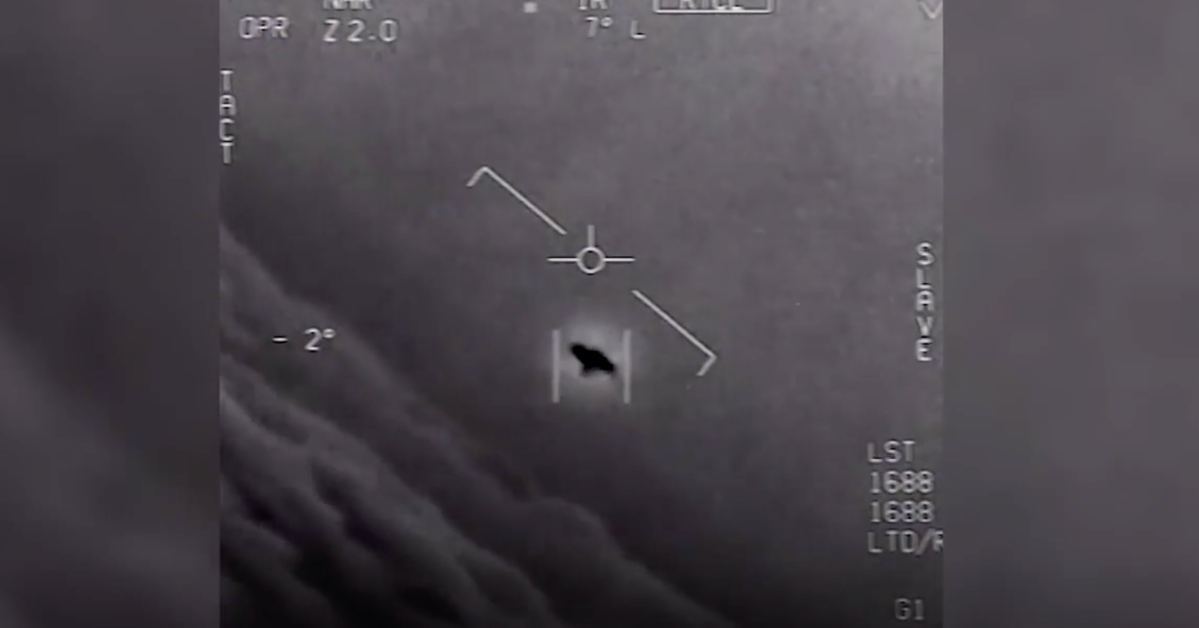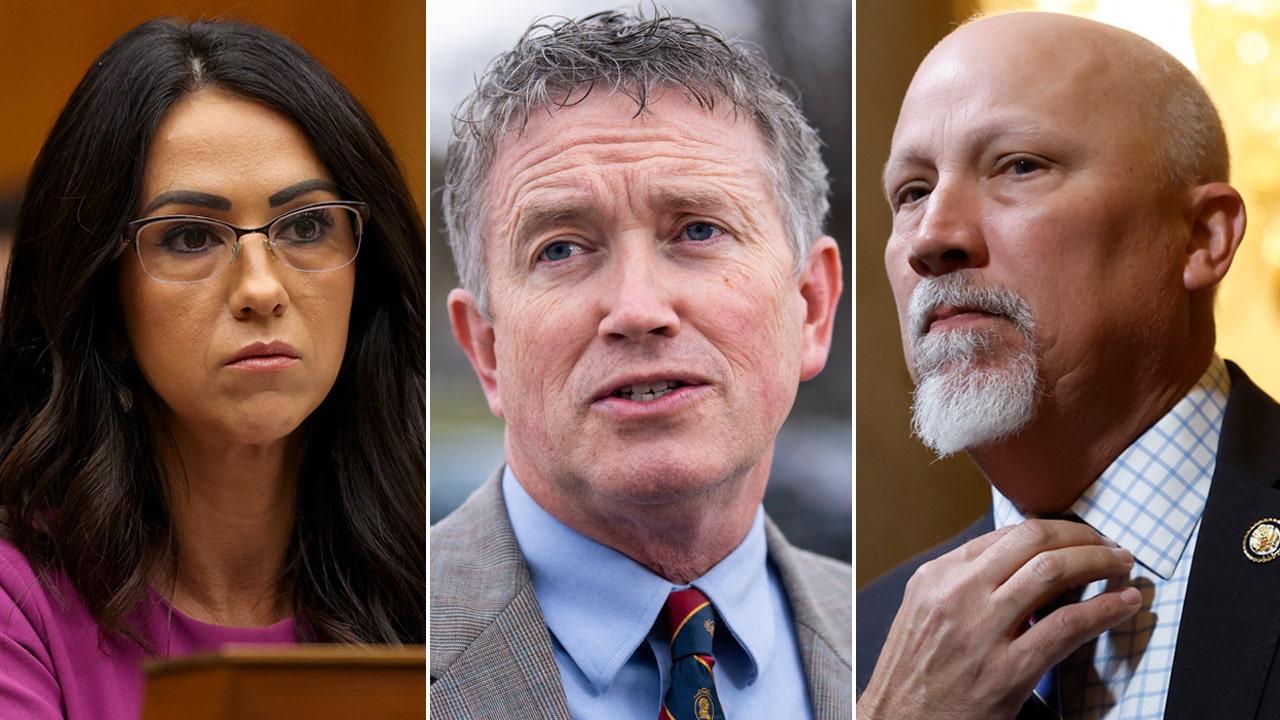Hungary’s Prime Minister Viktor Orban has told European leaders that Donald Trump is “ready to act as a peace broker” between Russia and Ukraine if elected president, according to a letter seen by Reuters, amid concerns across the continent that Trump would attempt to force Kyiv into ceding territory to Moscow.
Orban’s letter, addressed to European Council President Charles Michel and sent to all European Union leaders, was written in the wake of his controversial meetings with former President Trump, Russian President Vladimir Putin and Chinese President Xi Jinping.
“I can […] surely state that shortly after his election victory, he will not wait until his inauguration, [Trump] will be ready to act as a peace broker immediately. He has detailed and well-founded plans for this,” Orban wrote, according to Reuters.
The authoritarian Hungarian premier has sought to cast himself as a peacemaker in the conflict, but his stance is at odds with most EU leaders, who have pledged unequivocal support for Ukraine as it attempts to repel Russia’s military effort.
In his letter to those leaders, Orban said that during the meetings there was a “general observation” that “the intensity of the military conflict” in Ukraine “will radically escalate in the near future.”
Orban also hinted at Trump’s plans to potentially pare back aid to Ukraine if elected, saying: “I am more than convinced that in the likely outcome of the victory of President Trump, the proportion of the financial burden between the US and the EU will significantly change to the EU’s disadvantage when it comes to the financial support of Ukraine.”
Trump, who has a propensity to make sweeping pronouncements on foreign policy, said during a CNN town hall last year that, “If I’m president, I will have that war settled in one day, 24 hours.”
In last month’s CNN debate with President Joe Biden, Trump said that Putin’s terms for an agreement – which would include Ukraine ceding the four territories currently occupied by Russia – are “not acceptable.”
But the former president, who is set to formally accept the Republican nomination at the party’s national convention later this week, has also criticized US military aid to Kyiv.
Orban – a rare, longtime ally of Trump in the EU – has undertaken what he has previously called his “peace missions,” meeting Putin in Moscow on July 5 and Xi in Beijing on July 8. Last Thursday he met with Trump at his Mar-a-Lago residence in Florida.
He also visited Ukrainian President Volodymyr Zelensky in Kyiv at the start of July, marking his first visit to Ukraine since the Russian invasion began.
Orban called on EU leaders to try to find a “window of opportunity” to usher in a “new chapter” in EU policy in his letter, urging them to “make an effort to decrease tensions and/or create the conditions for a temporary ceasefire and/or start peace negotiations” in the Russia-Ukraine conflict.
Hungary took over the rotating EU presidency last month, unveiling a slogan – “Make Europe Great Again” – that mimicked Trump’s 2016 election motto.
But his visits with Putin, Xi and Trump have gone down poorly with EU lawmakers, who have accused Orban of vitally “misrepresenting” and “undermining” the EU’s stance on foreign policy.
A letter signed by 63 European lawmakers, addressed to the three EU chiefs, said Orban had “caused significant damage” through his meetings.
“In his so-called peace mission, Prime Minister Orban deliberately left the impression that he was acting on behalf of the entire European Union, whereas in reality he has no authority to represent the EU or any other member state other than his own,” the Members of European Parliament said.
The lawmakers called the meetings particularly damaging considering that Hungary currently holds the presidency of the European Council, saying Orban was guilty of “abusing” the position that he assumed at the beginning of July.
EU lawmakers finished their letter by calling on the bloc’s three leaders, Charles Michel, Ursula von der Leyen and Roberta Metsola, to suspend Hungary’s voting rights in the European Council, arguing that past examples had shown that “mere verbal condemnation” of Hungary has “no effect.”




















Discussion about this post